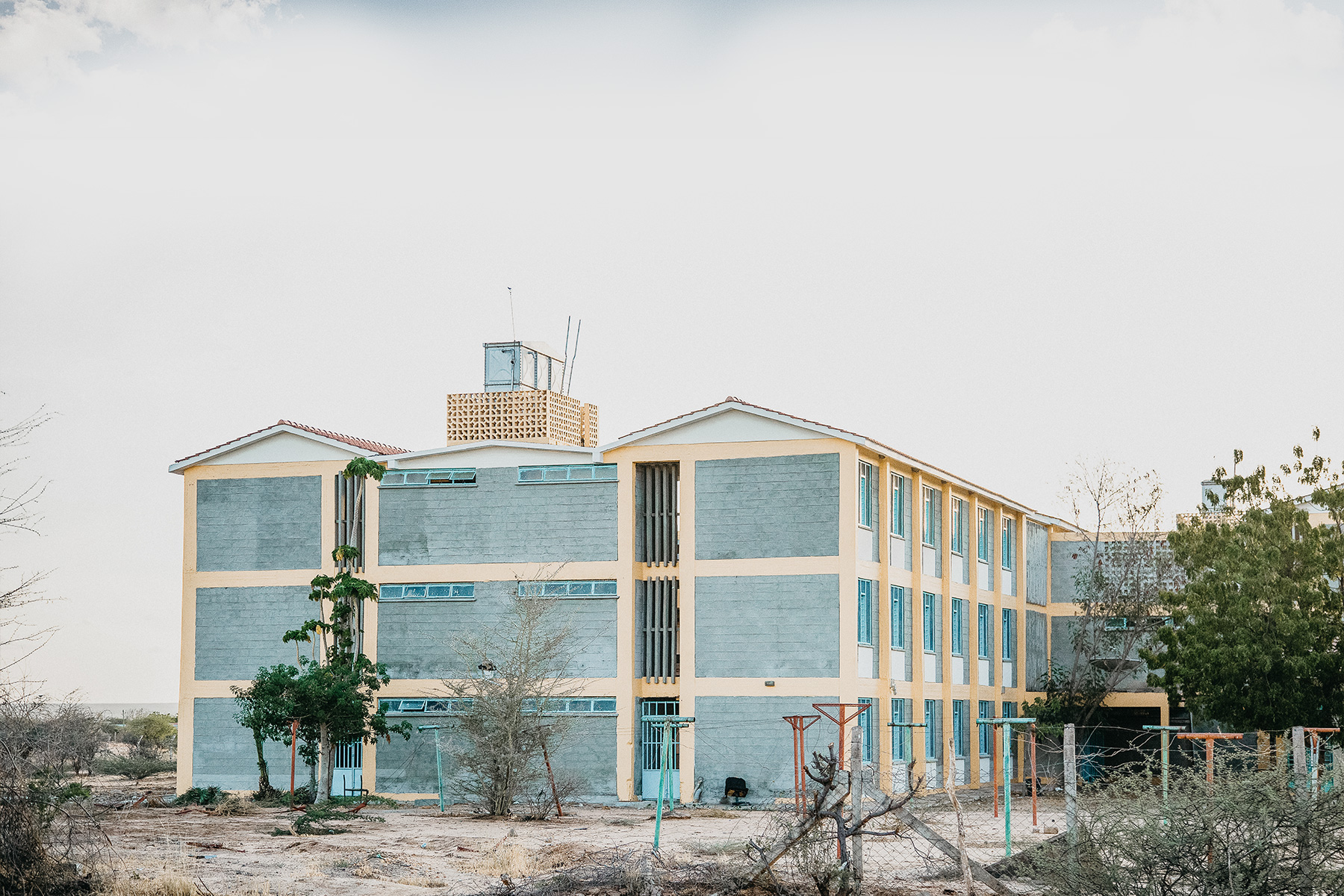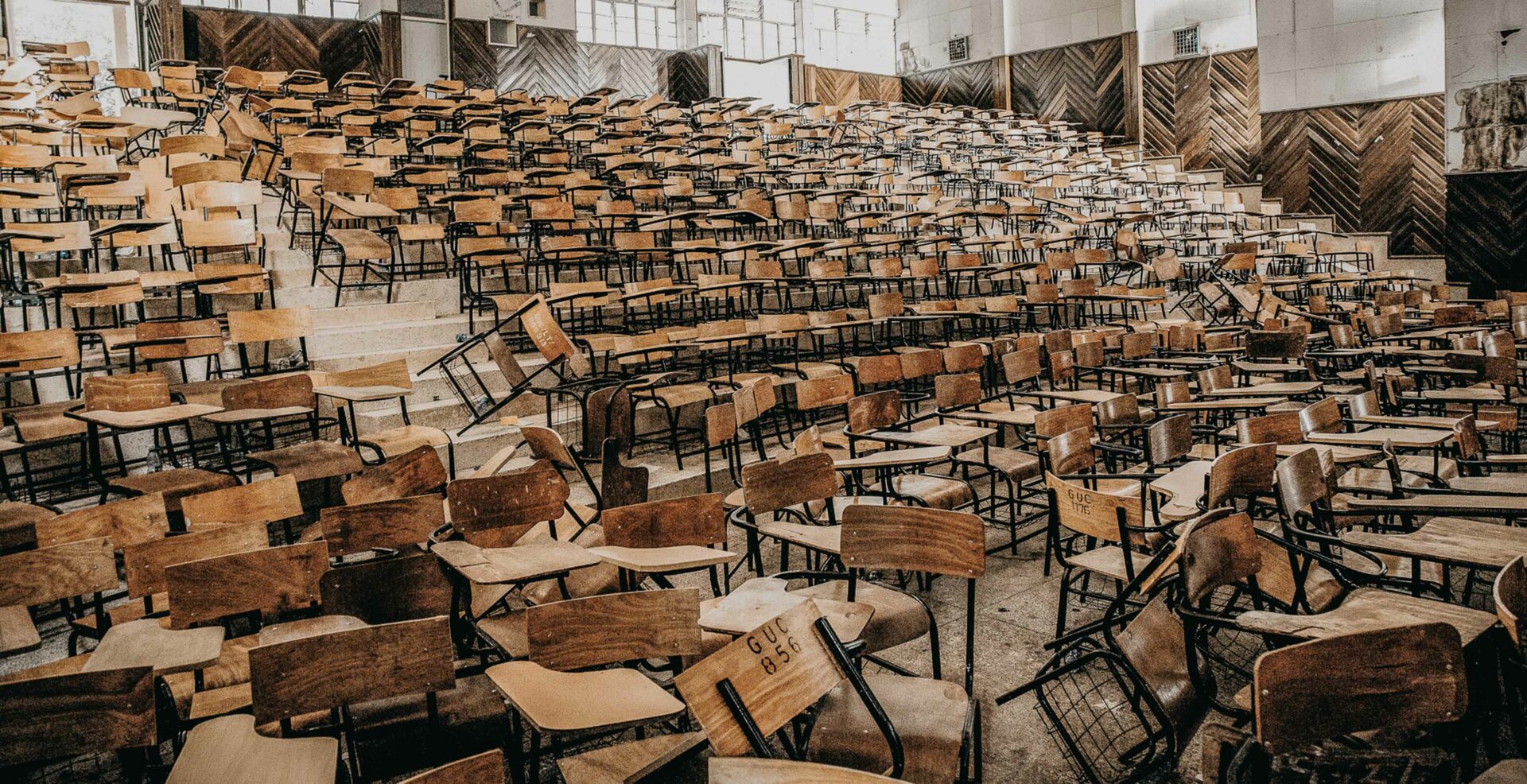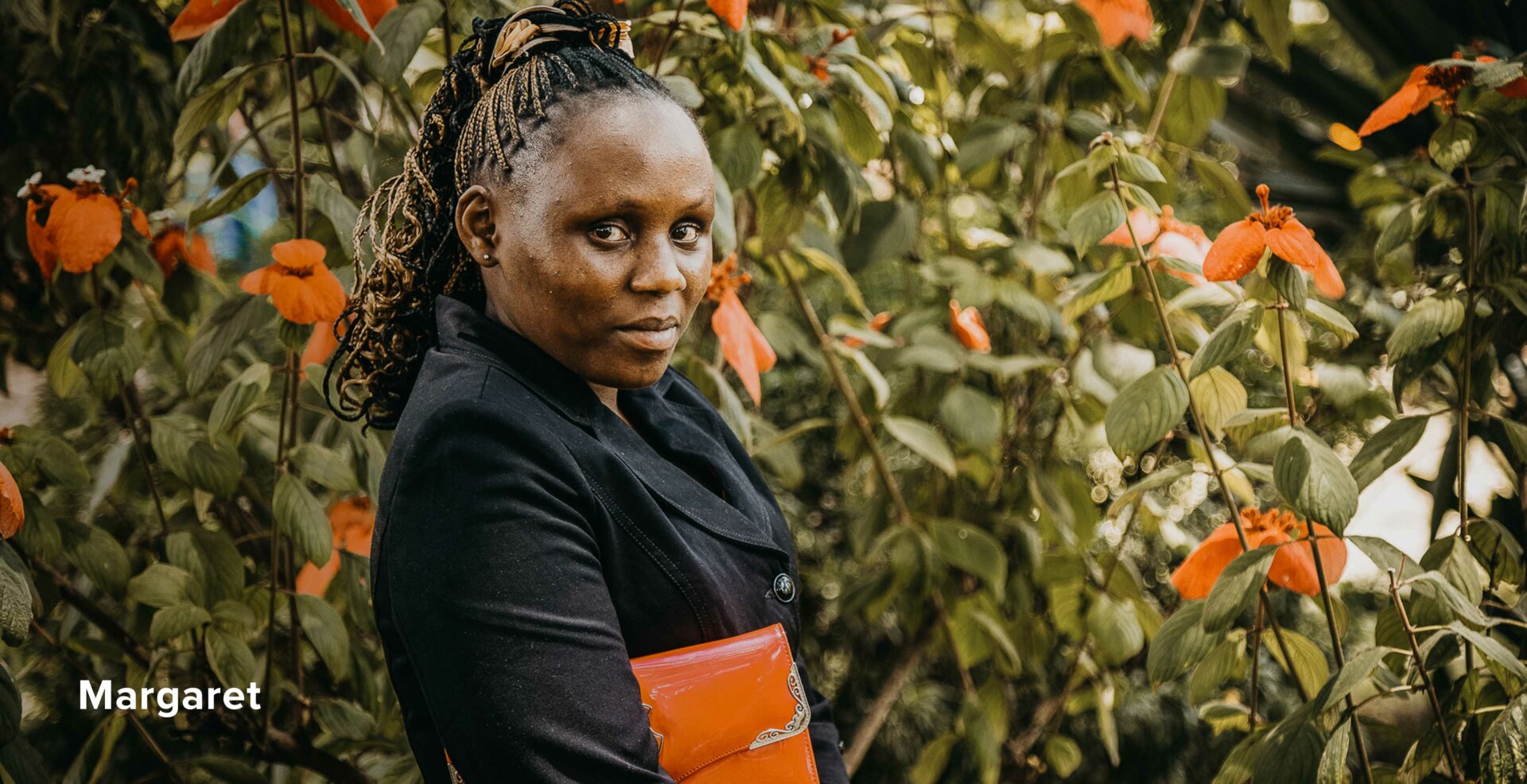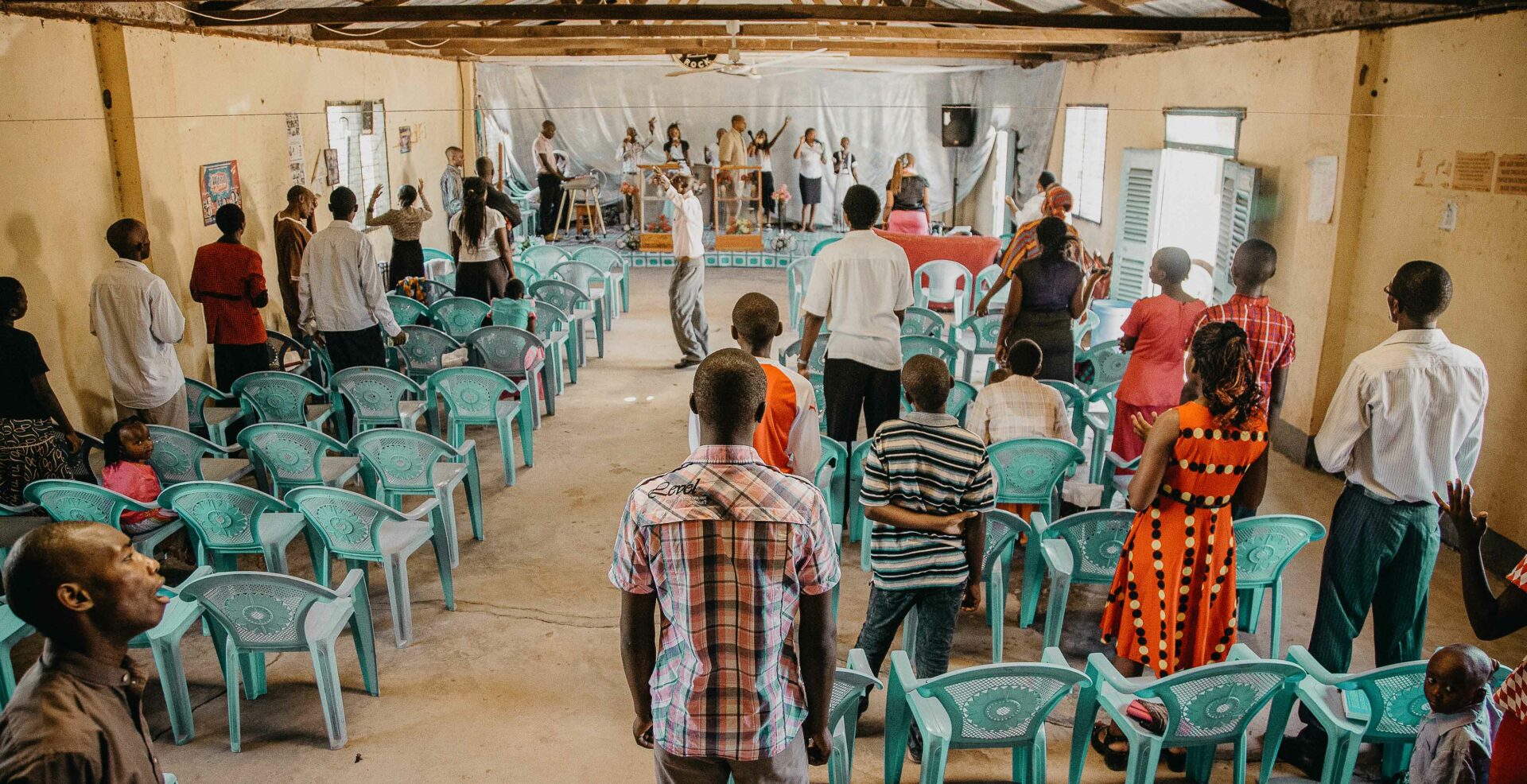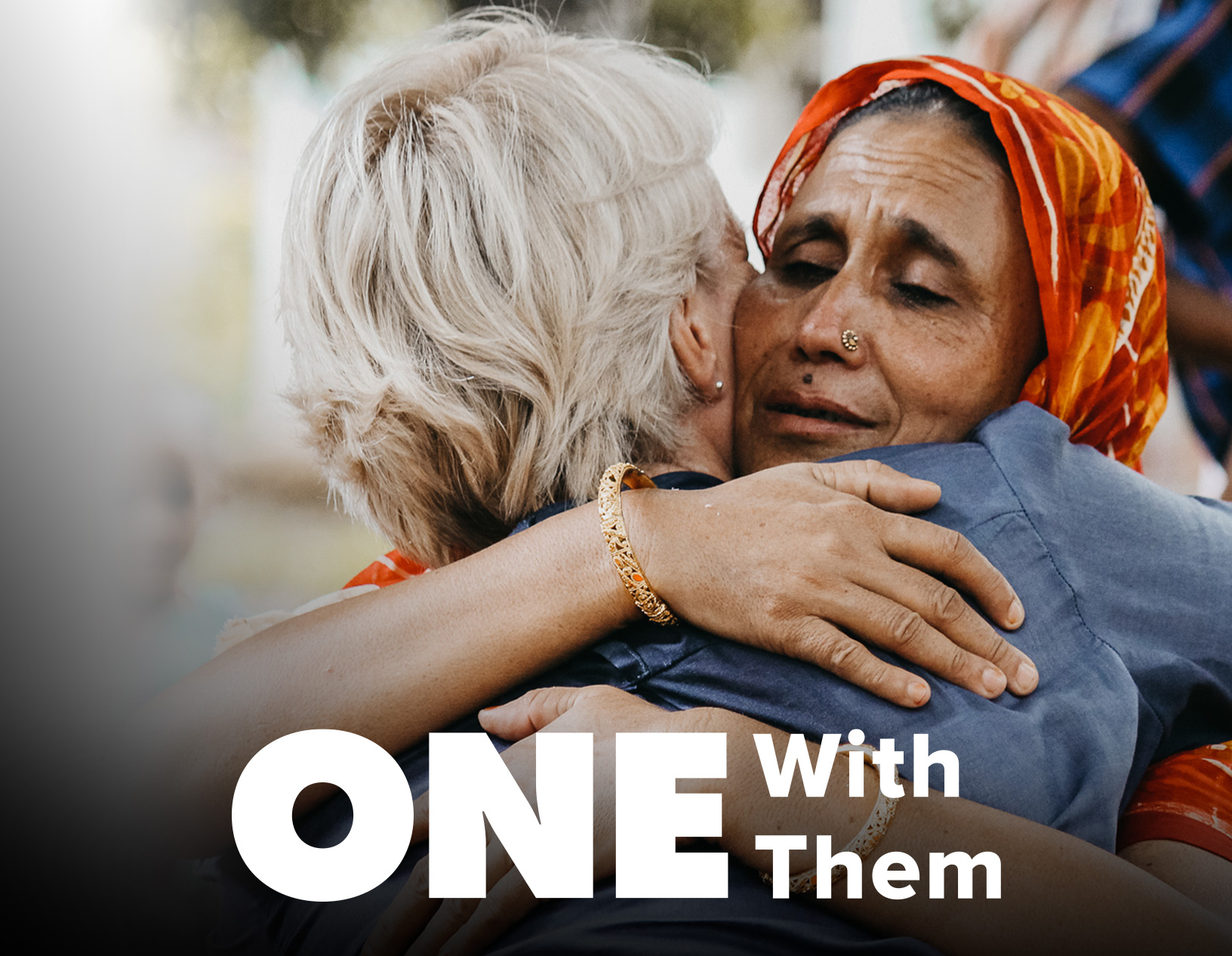“Pray for us. We are under attack.” These were the words university student Margaret frantically texted her parents on 2 Friday 2015 as she lay huddled under her bed in her dorm room.
The gunshots had started hours earlier. It was the day before Good Friday and Margaret had woken early at Garissa University in Kenya for her usual prayer meeting. That morning, she felt tired so decided to take a bath first. She was waiting for the water to come on when the first gunshot tore through the air at around 5:30 am. At first, she didn’t recognise the sound. Some distance away she heard her friends praying, so she assumed everything was fine. Then the second gunshot came, and she knew she was in immense danger.
The corridor was chaotic as university students ran around, trying to figure out what to do. Wearing a towel, Margaret and five of her friends hid under their beds—the only place they could go. They laid there, not daring to make a sound. When they received her text at around 10 am, Margaret’s parents desperately tried to call. But it was too risky to answer. The sound of increasing gunshots in the air mixed with the sound of phones ringing and ringing, begging to be answered.
Around midday, the attackers shouted from the central court of the building.
“You are asking who we are. We are al-Shabaab. We have come. Let us see who will win the game.”
